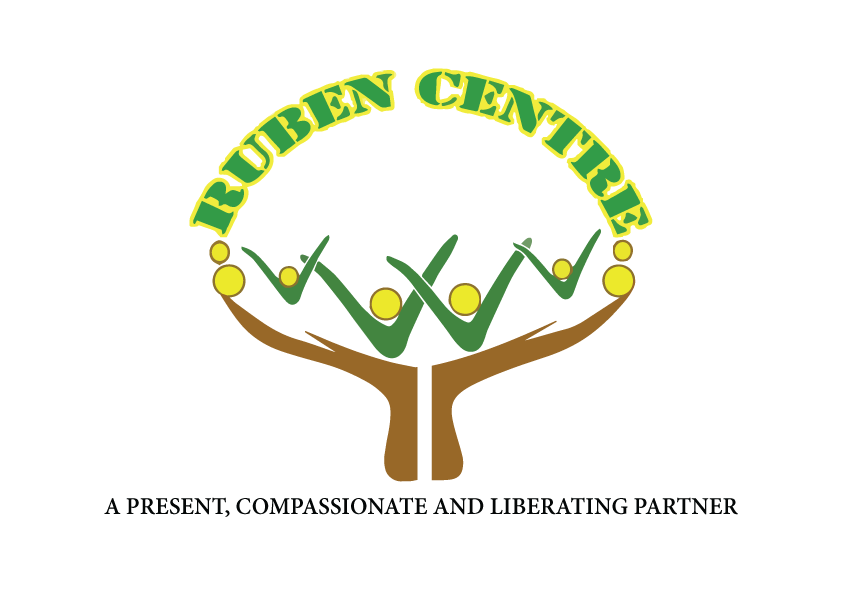Social Program
This program is dedicated to working with children, families and communities to overcome poverty and injustice.
Mukuru is among the fastest growing informal settlements in Nairobi. According to 2009 census, the area is estimated to have a population of about 600,000 inhabitants and the number is continuously growing. The lure and expectation of accessing a job in the local manufacturing industry draws people from rural areas. The living conditions in Mukuru are deplorable and in a lot of cases, extremely desperate. Lack of livelihood is a key problem in Mukuru slum. It is central to the poor lives that the community members lead with the majority living a substandard life of hand to mouth and sometimes nothing at all. Each household has an average of six members who live in a 10 by 10-feet room and single mothers head most of these families.
Residents are faced with lack of basic needs, families struggle to make ends meet and in times of illness they are unable to access treatment or meet hospitalization costs. These leads to other numerous challenges such as HIV/AIDS prevalence, adverse poverty levels, child prostitution, drug and substance abuse, unemployment and child labour.
The harsh lifestyle in the slum threatens family’s cohesiveness and integrity. Continuous separation and desertion is quite common in Mukuru . Single parents are forced to work long hours to meet the daily needs of their families, which in turn leaves them with little time with their children. The lack of parental supervision often results in many children developing deviant behaviors such drug abuse, and other criminal related activities; eventually dropping out of school. Hence the cycle of poverty continues.
This social program addresses these challenges in a number of ways:
- Providing medical care or referral services by facilitating medical costs to the most vulnerable and needy members of the society
- Providing scholarships to some of our bright and needy children from our primary school for their secondary education
- Community sensitization and education on business skills and income generating activities
- Economic empowerment through voluntary saving and loaning scheme- table banking
- Facilitating holiday programs and community service programs for secondary school sponsored students
- Reducing illiteracy through community sensitization on need for education, placing children in school and ensuring their retention
